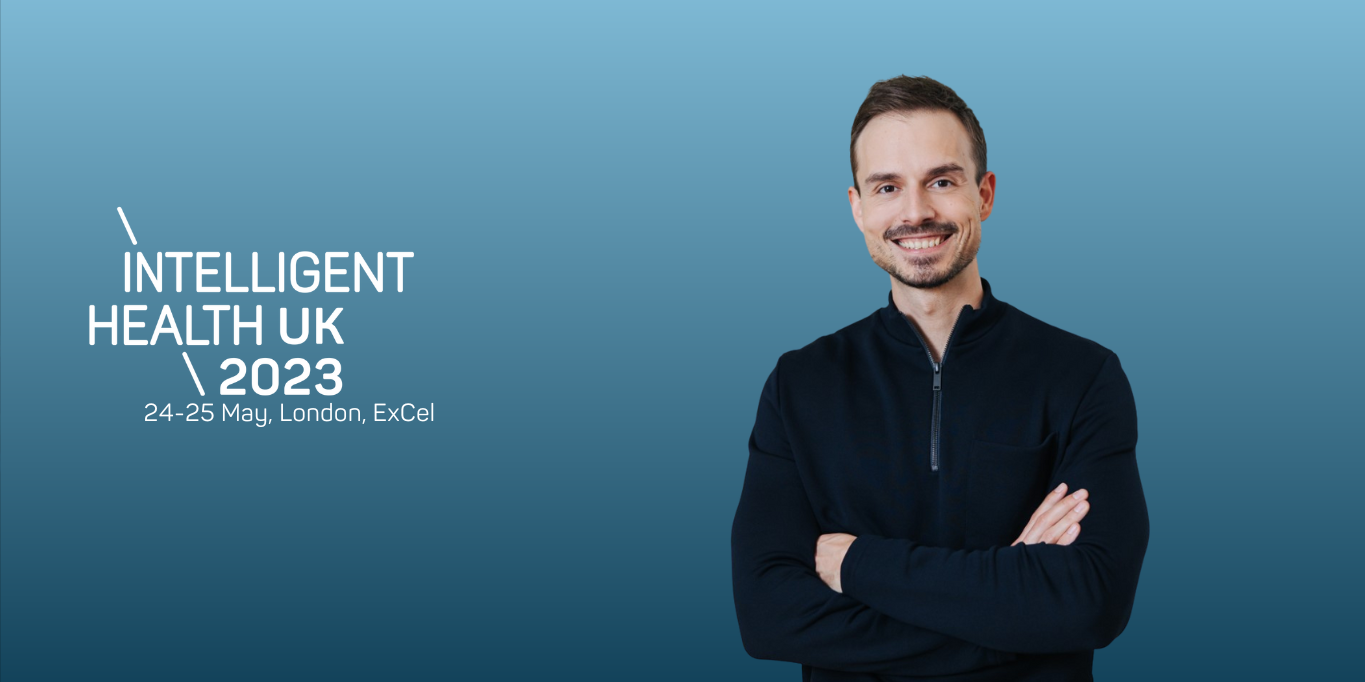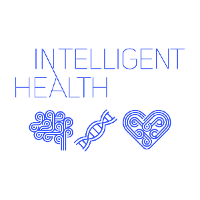In this Q&A, Tamás Petrovics, Founder and CEO of XUND, discusses how AI can revolutionize healthcare by addressing the demand for resources and improving patient care, sharing his personal experiences with cancer and how personalized medicine and mRNA vaccines could bring us closer to a cure. Petrovics also highlights potential risks and the need for quality management systems to ensure accurate information. With his expertise in AI in healthcare, Petrovics discusses his personal goals for the Intelligent Health UK summit and how XUND uses technology to improve healthcare.

If you could solve any global health problem in the world with AI, what would it be?
There is an ever-widening gap between the demand for and supply of human resources in the healthcare system which leads to a constant decline in time and attention every patient can expect from their doctor, nurse, or pharmacist. While this might not be the obvious choice, overworked and understaffed healthcare services, and facilities, are leading to a steady decline in the quality of care for patients which poses an existential threat to the foundations of healthcare systems across the globe. Due to these factors, this is the problem we have chosen to focus on by digitising and automating patient interactions with XUND.
Presuming that was solved, what would your second choice be?
For the second one, I would make a more obvious choice: cancer. I have lost multiple family members to cancer and can remember thinking about “a future cure for cancer” already in my early childhood. Today I know that the problem is more complex than that, but I believe that personalised medicine and new technologies such as mRNA vaccines could bring us closer than ever to this long-awaited solution in the coming years.
How do you think AI will make its biggest mark in healthcare in the next 5 years? 10 years? 20 years?
I believe that hardly any area of healthcare will remain untouched by AI. From drug discovery to diagnostics, digital patient pathway management, and all the way to DTx, AI is becoming an omnipresent factor in healthcare.
What excites you most about the application of AI in healthcare?
The possibility to access hidden knowledge in the large pools of unstructured data will open up yet undiscovered possibilities across the entire healthcare industry.
What’s your biggest fear in relation to the application of AI in the health/medicine field?
What we are seeing with solutions like ChatGPT is that they provide unbelievably convincing answers to questions due to the quality of their language models. HOW they are answering the questions is great, however, WHAT they are saying is often wrong and a layman or even a professional user might not be able to judge the accuracy of the information provided. Introducing appropriate quality management systems for these models and making them explainable will thus be key to enabling medical use cases at scale.
How do you think AI will cause human contact in healthcare to change in the future?
AI has the potential to reduce the number of unnecessary interactions between humans in the healthcare system and thus free up resources. This in turn can enable more thorough interactions between doctors and patients in cases where they can have a greater impact, in sum making the system more human again.
What does AI mean for the skill requirements of health professionals? How will it change?
AI will not replace medical professionals in the healthcare system. New systems will be put in place to aid medical professionals using AI, and this segment of the industry will have huge advantages over those who do not adopt and adapt. Future doctors, nurses, and other health professionals will develop the needed skills in order to efficiently use AI to both their and their patients’ benefit.
Which 2 people do you admire most in the world of AI in healthcare in terms of their work?
It is challenging to limit it to just two people, but I would say Regina Barzilay and Eric Topol.
Why did you choose to present at Intelligent Health?
Our mission at XUND is to make healthcare more accessible for patients by leveraging technology, including AI, to help direct patients to the right point of care at the right time. As Intelligent Health UK aims to accelerate the adoption of AI in healthcare and drive progress towards a more efficient, and patient-centric healthcare system, presenting in front of its audience provides a great opportunity for us to showcase our solution and how we make use of AI to improve healthcare.
What are your personal goals from the summit?
The Intelligent Health UK summit provides a great opportunity to network and learn from industry professionals and other experts in the field of AI in healthcare. By doing so I hope to expand my knowledge of the latest advancements and trends in the industry, and in turn, hopefully, use this knowledge to improve our own systems and technology at XUND.
Global AI and health events calendar 2023
Intelligent Health UK
24-25 May 2023
Platinum Suite, ExCeL London, UK
Intelligent Health
13-14 September 2023
Basel, Switzerland
Share your content with the Intelligent Health community
Got some interesting content you want to share with our community of over 220,000 AI and health Brains? You can send us anything from a published piece you have written online, white paper, article or interview. Submit it here


